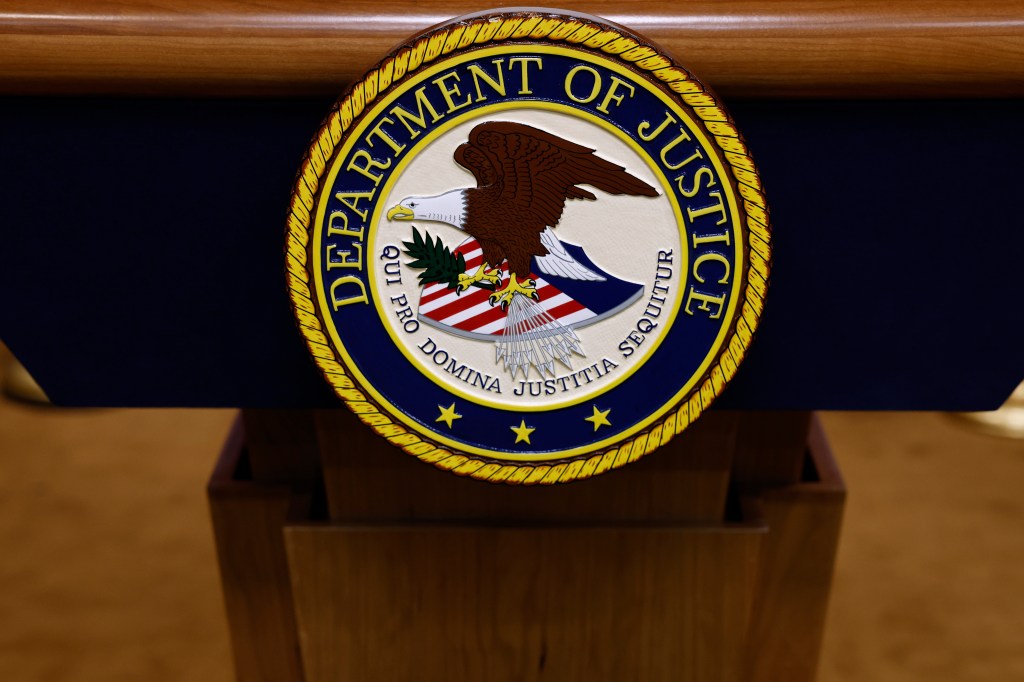The ongoing saga involving the UK’s Serious Fraud Office (SFO) and the Eurasian Natural Resources Corporation (ENRC) case is a complex web of suspected corruption, high-profile litigation and a looming massive potential payout for the public purse.
The SFO is the UK’s frontline agency tasked with investigating complex financial
Register for free to keep reading
To continue reading this article and unlock full access to GRIP, register now. You’ll enjoy free access to all content until our subscription service launches in early 2026.
- Unlimited access to industry insights
- Stay on top of key rules and regulatory changes with our Rules Navigator
- Ad-free experience with no distractions
- Regular podcasts from trusted external experts
- Fresh compliance and regulatory content every day













